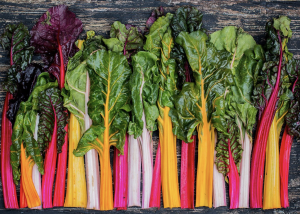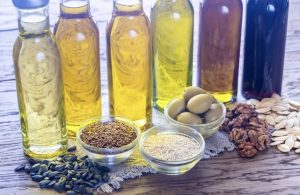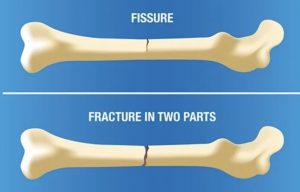Introduction:
This assignment requires the class to choose a relatively complex term and provide a parenthetical definition, sentence definition, and an expanded definition geared towards a non-technical audience. The objectives of this assignment are: appreciating the importance and role of definitions in technical writing, understanding how audience and purpose indicate the need for definition, differentiating between the levels of details in definition and selecting the right level of detail according to the situation.
Purpose: This online post is to educate the population about Vitamin K to people without a science background looking for nutrition information on social media.
_________________________________________________________________
Vitamin K
Parenthetical definition: Vitamin K (vitamin that supports healthy blood clotting)
Sentence definition: Vitamin K is an essential fat-soluble vitamin necessary for healthy blood clotting and maintaining strong bones.
Expanded definition:
Vitamin K was discovered in the 1920s when H. Dam, a Danish biochemist observed that chicks fed a cholesterol-free and low-fat diet bled excessively, and their blood took a long time to clot. Upon discovering the missing vitamin, H. Dam named it after the Danish word koagulation, which means “coagulation.”
The richest sources of vitamin K include leafy green vegetables such as Swiss chard, collard greens, spinach and broccoli. Vegetable oils and plant-based margarine represent the second primary source of the vitamin. Animal food products also contain some vitamin K but in significantly lower amounts compared to plant sources.
Health professionals recommend that an average adult consume one to two cups of leafy green vegetables and one tablespoon of vegetable oil per day to meet the body’s need for its dietary vitamin K.

Dark green leafy vegetables are the best sources of Vitamin K Source: Vitacost.com (2018). The Upside. https://www.vitacost.com/blog/green-leafy-vegetables-benefits/

Plant oils are the second richest source of Vitamin K Source: Optometry Times (2021). https://www.optometrytimes.com/view/how-plant-oils-may-help-dry-eye
There are three essential functions of vitamin K in our bodies. Vitamin K works with calcium in soft body tissues in forming blood clots when tissue damage occurs, preventing excessive bleeding.

Vitamin K prevents excessive bleeding Source: Study.com (2021). https://study.com/academy/lesson/causes-of-blood-clots-in-the-heart.html
The primary way of transporting calcium throughout the body is through the blood vessels. However, calcium formation inside and the middle layer of the blood vessels can cause the hardening of the surrounding tissue, which causes heart attacks and strokes. Vitamin K binds calcium and prevents its build-up keeping the blood vessels flexible.

Vitamin K keeps arteries healthy and prevents heart attacks Source: Study.com (2021). https://study.com/academy/lesson/causes-of-blood-clots-in-the-heart.html
Proper bone formation and bone organization both require sufficient vitamin K to maintain strength. Vitamin K works by keeping calcium in the body’s hard bone structures and away from the blood vessels. People who do not have enough vitamin K in their diets are prone to bone fractures.

Vitamin K prevents bone fractures Source: Broken bone first aid (2018). Thailand Medical News. https://www.thailandmedical.news/pages/health/broken-bone-first-aid
References:
Gropper, S.S., Smith, J.L., Carr, T.P. (2018). Advance nutrition and human metabolism. Wadsworth Cengage Learning.
Institute of Medicine (US) Subcommittee on Interpretation and Uses of Dietary Reference Intakes, Institute of Medicine (US) Standint Committee on the Scientific Evaluation of Dietary Reference Intakes. (2000). DRI Dietary reference intakes: applications in dietary assessment. National Academies Press (US).
Vermeer C. Vitamin K: the effect on health beyond coagulation-an overview. Food Nutr Res. 2012, 56:doi:10.3402/fnr.v56i1.5329

Leave a Reply